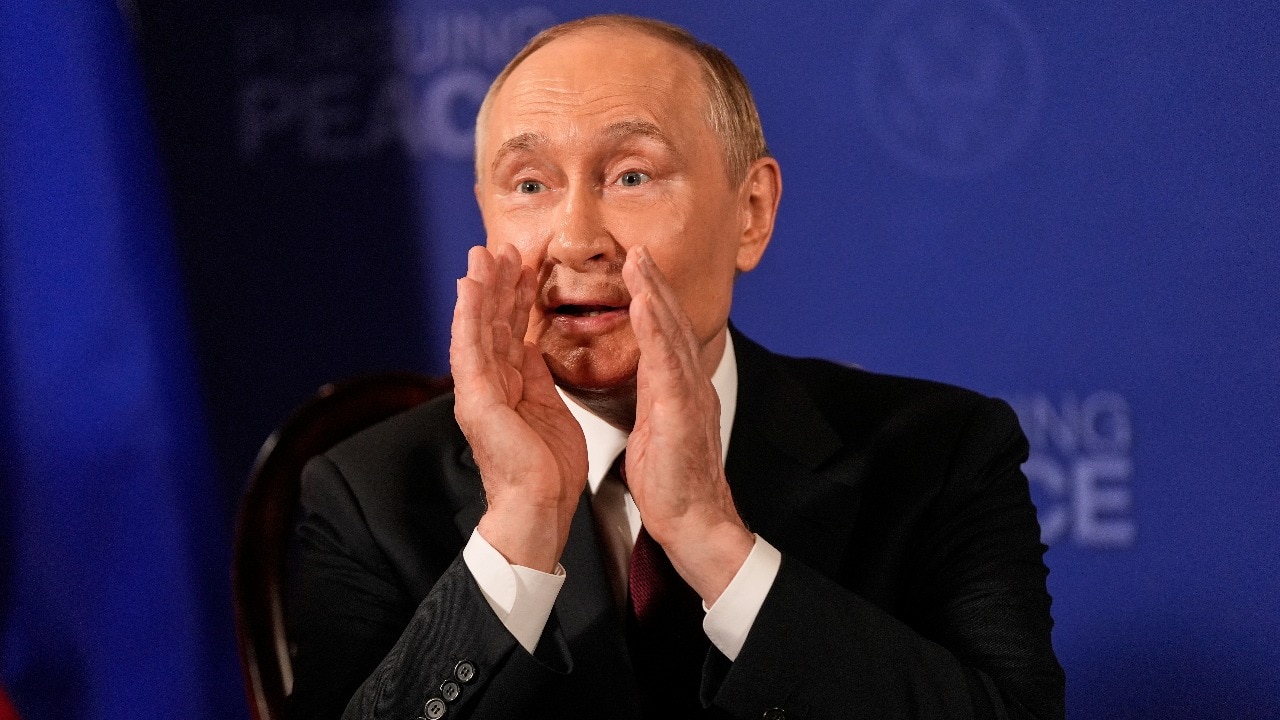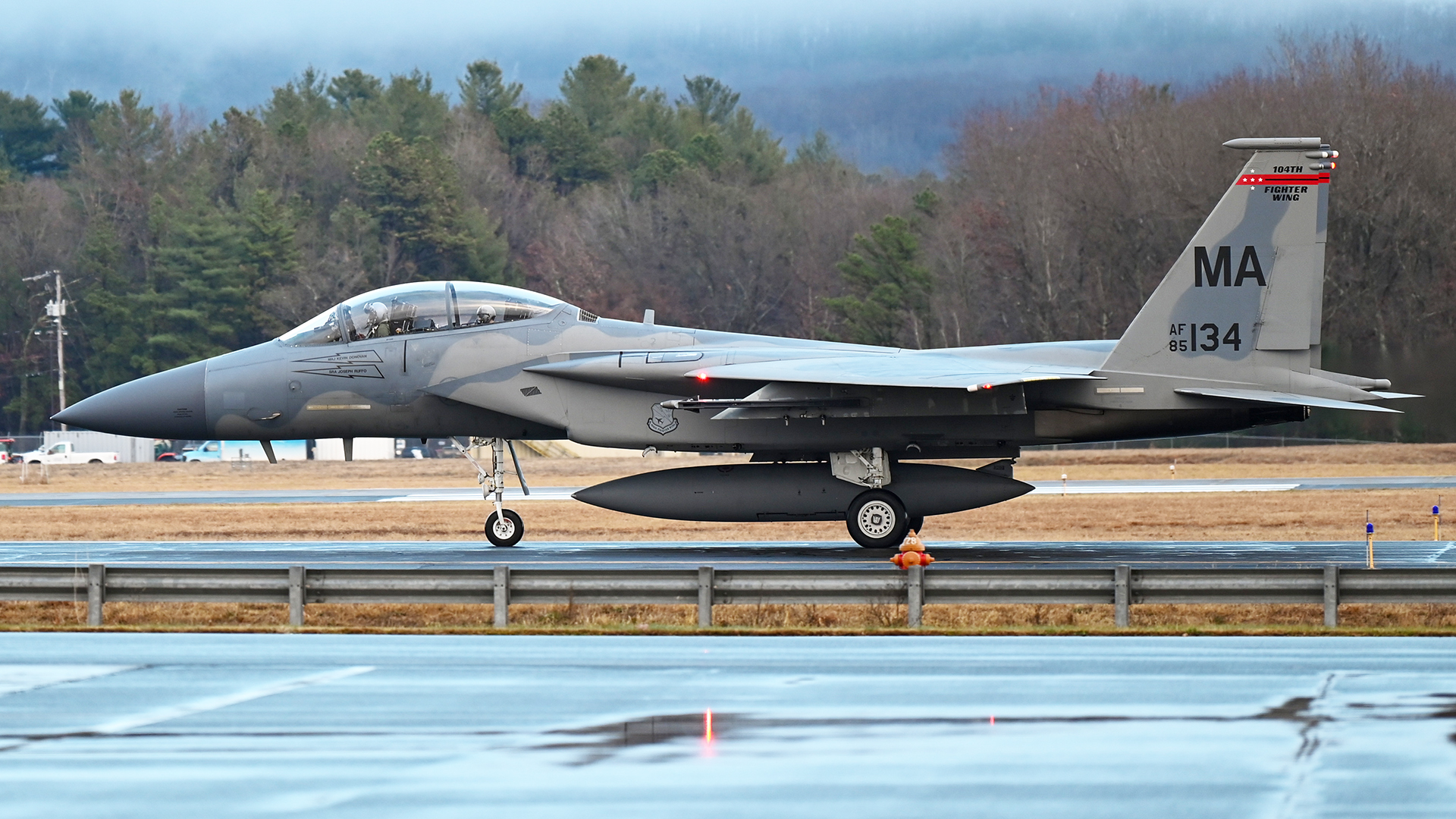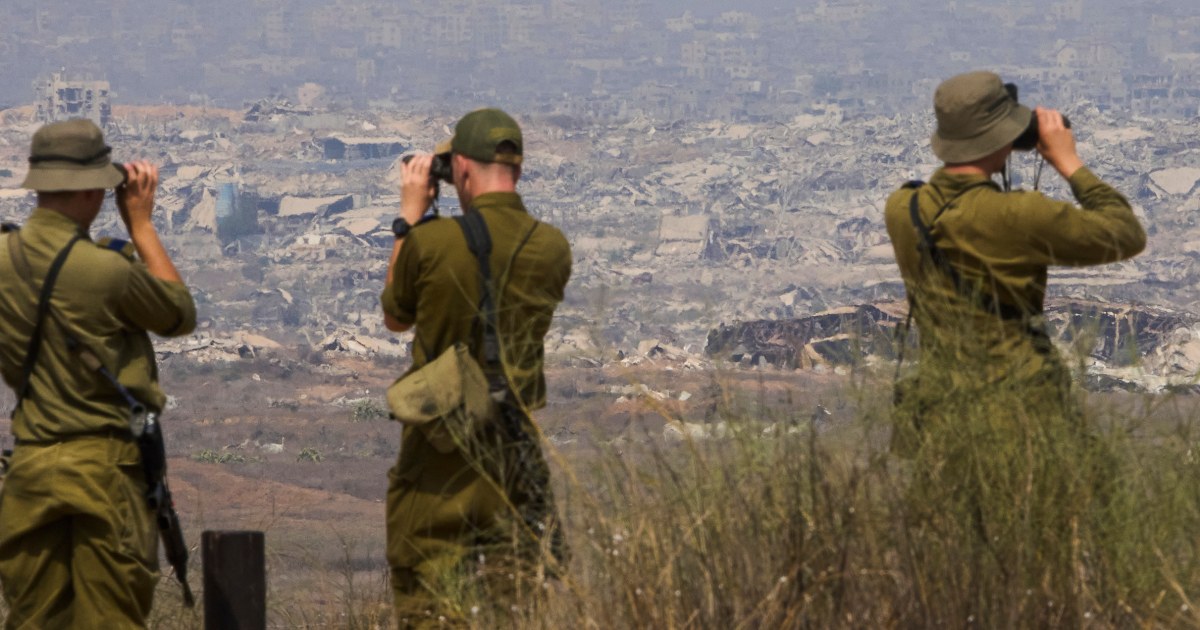Can Trump Really Secure Peace? Azerbaijan and Armenia's Historic Agreement Shocks the World!

Can you believe it? A peace agreement that ends decades of conflict might just be signed at the White House, and it’s all thanks to Donald Trump! This bold declaration came from none other than the U.S. President himself, who recently announced that Armenia and Azerbaijan are set to put pen to paper on a historic peace agreement, a move that could forever alter the landscape of the South Caucasus region.
On Thursday, Trump expressed his enthusiasm as he prepared to host Azerbaijani President Ilham Aliyev and Armenian Prime Minister Nikol Pashinyan for what is being hailed as a transformative Peace Summit. He tweeted about the upcoming meeting, describing it as a significant step towards ending years of hostilities that have resulted in thousands of lives lost. “Many leaders have tried to end the war, with no success, until now, thanks to ‘TRUMP,’” he proclaimed, implying his administration's unique role in these negotiations.
The stakes are enormous. This agreement not only aims to bring an end to the long-standing tensions between these two nations but also seeks to unlock economic potential in the region. Trump noted that they would sign bilateral agreements to explore joint economic ventures, which could pave the way for lucrative opportunities for both countries. He stated, “I am very proud of these courageous leaders for doing the right thing for the Great People of Armenia and Azerbaijan. It will be a Historic Day for Armenia, Azerbaijan, the United States, and the WORLD.”
What’s even more intriguing is the proposed transit corridor that could come into play as part of this peace deal. Sources have indicated that the U.S. might receive leasing rights to develop this corridor, which will be dubbed the “Trump Route for International Peace and Prosperity.” This corridor promises to connect Azerbaijan to its Nakhchivan region, previously separated by 32 kilometers of Armenian territory, and could become a vital artery for trade, transporting not just goods but also people.
However, the backdrop of this agreement is fraught with tension. The Karabakh region has been a hotspot for conflict for nearly forty years, marked by bloodshed and displacement. The historical grievances, stemming from the Armenian Genocide and territorial disputes, add layers of complexity to the situation. In 1991, following Armenia's independence from the Soviet Union, war erupted, leading to approximately 30,000 deaths and over one million displaced individuals. The ceasefire established in 1994 saw Armenian forces controlling the region, but tensions remained high, flaring up again in 2020 when Azerbaijan, backed by Turkey, launched a military campaign to reclaim lost territory.
Fast forward to September 2023, and Azerbaijan regained complete control over Karabakh, forcing a mass exodus of ethnic Armenians. With such a turbulent history, can a single agreement signed under the Trump administration truly bring lasting peace? Only time will tell if this summit will be the turning point that the world has been waiting for.


















